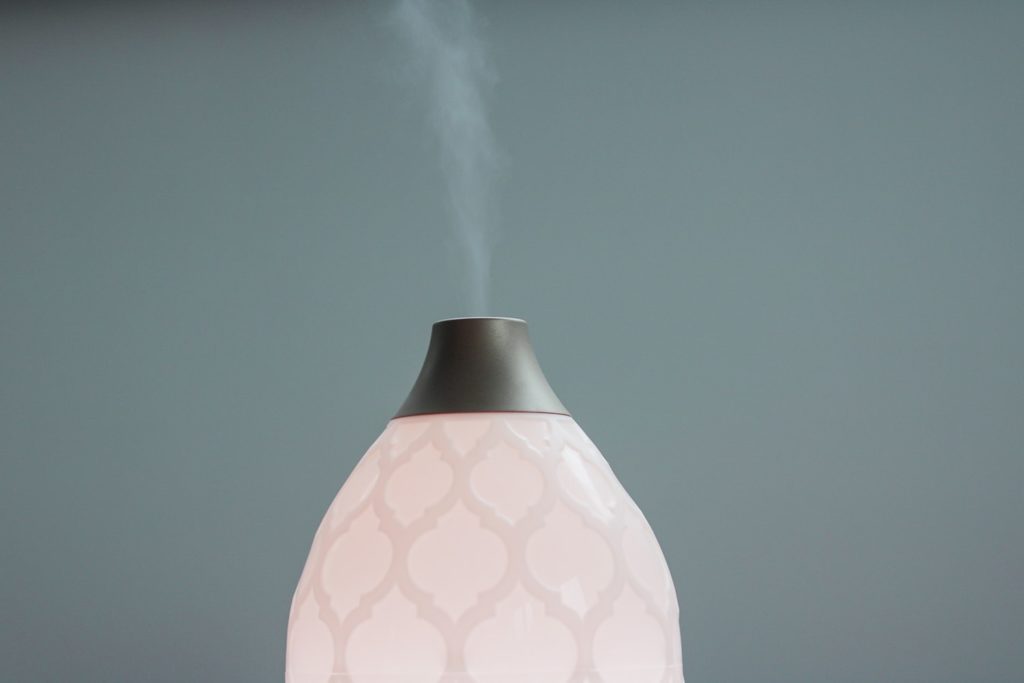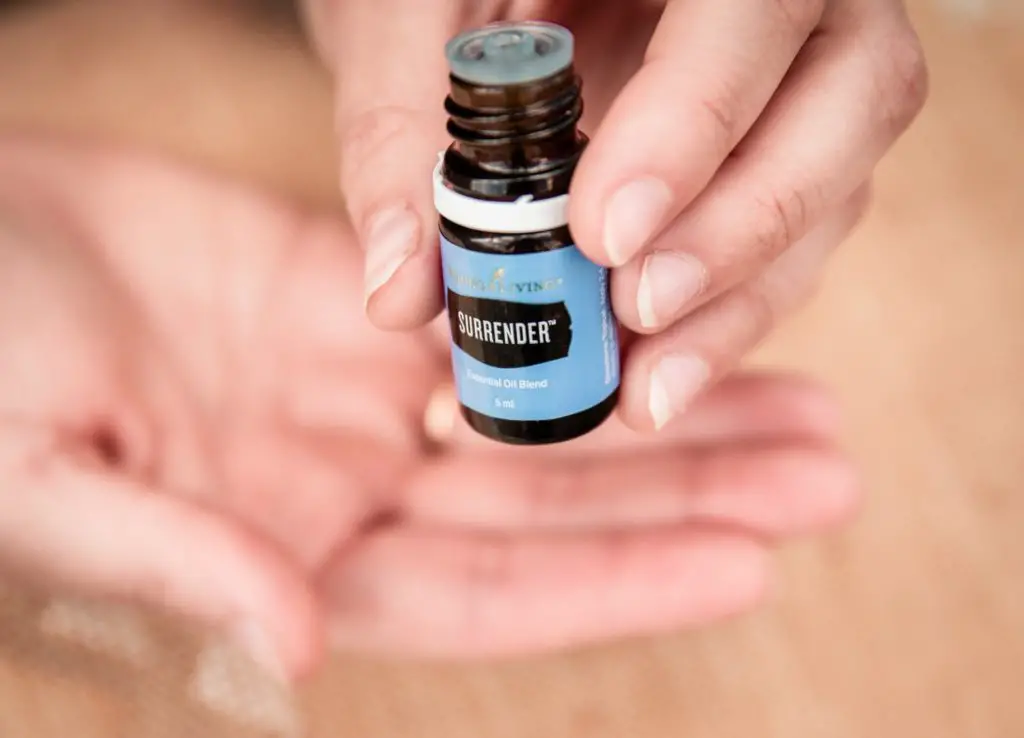Essential oil diffusion is a great way to incorporate essential oils into your life. It’s become insanely popular over the last several years, and it seems new oil blends and new diffusion methods are constantly being released.
Compared to burning smokey incense, it’s much cleaner. But some people experience weird effects from essential oil diffusion, including sore throats.
Is the oil diffuser causing sore a throat? Could you be getting sick, or maybe it’s allergy?
Many people report these sore throats from oil diffusers, so it’s possible your throat may get irritated by essential oil diffusion!
- Yes, it is real, and some people may feel throat irritation
- Oil diffusers may create breathing complications
- Strong fragrance may cause sore throat in some users
Read on to know why the diffusion of essential oils may not be ideal for some people despite its benefits.
Oil Diffuser Causing A Sore Throat

Oil diffusers causing sore throat symptoms has been reported by some users, but this claim is not very common.
An essential oil diffuser is very effective in spreading the oils into the air. This is so they can be inhaled by everyone in that confined space. But if the aroma is too strong or anyone within reach has a very sensitive nose, it can cause an irritating effect.
It also depends on the type of oil being diffused. Some people may have sensitivities to some oils, including peppermint oil, tea tree oil, etc. These oils have a lot of potency, and create tingling sensations. So potentially the microdroplets in the air after diffusion could cause sensitivity to the throat.
This is why the use of essential oils like peppermint oil and tea tree oil should be carefully used in diffusers. The health of everyone around should be considered.
The truth is that for all their benefits, not all essential oils are good choices for everyone. Some people may feel fine with a few but react negatively to others. It all depends on their level of sensitivity.
Highly sensitive individuals may react to essential oils with very strong fragrances — we’ve all experienced it when someone is wearing way too much perfume in an enclosed space!
If you are allergic to some essential oils, using essential oil diffusers may cause some throat issues.
Here are some common oils that could potentially cause sore throat symptoms:
- Bergamot oil
- Jasmine oil
- Chamomile oil
- Cinnamon oil
- Ylang Ylang oil
- Oregano oil
- Lemongrass oil
- Peppermint oil
- Tea tree oil
These and many more may cause a negative allergic reaction. This reaction may occur whether you inhale the oil or rub it on your skin.
As long as you come in contact with it, you may react to it.
Let’s look at some of the negative reactions common with the use of essential oils.
Contact Dermatitis
One common reaction to essential oil usage is contact dermatitis. This occurs after the skin comes in contact with the essential oil. This reaction can occur in the following ways
- Scaling
- Blisters
- Itching
- Redness
- Dry skin
If this occurs for you, cease all essential oil use. If it goes away, you can try to introduce oils back in slowly, one oil at a time until you find the culpret.
Rhinitis
People with a sore throat after inhaling diffused essential oils suffer from nasal allergies called Rhinitis. This pollen allergy will trigger all kinds of violent reactions like sneezing.
If you notice that you often get a sore throat after diffusing a particular essential oil, stop using it and see if the sore throat goes away. If it does, consider trying some different oils to see what happens.
A person allergic to pollen is someone who reacts to plant-based substances with strong odors. Such a person may also react to strong chemicals released by the essential oil diffuser as well.
If you notice that you often get a sore throat after diffusing a particular essential oil, stop using it and see if the sore throat goes away. If it does, consider trying some different oils to see what happens.
Also, note that some essential oils can cause respiratory symptoms. This includes bronchospasms (airways constriction).
For those with asthma, the reaction to essential oil diffusers is often worse. So If you have asthma or rhinitis, discontinue the use of diffused essential oils.
How to Use Essential Oils Safely

If you suffer from a sore throat because of a sensitive nose; you should learn how to use essential oils more safely. Let’s show you how.
1. Use In Small Doses
Diffusing essential oils in small doses is the way to go if you have a sensitive nose. If you developed a sore throat after adding five drops of any essential oil into your diffuser, next time only adds three drops.
The goal is to make your essential oil experience a positive one, not to burn your throat!
2. Be Careful When Inhale Directly
Some people love to directly inhale essential oils, particularly oils like eucalyptus. They usually do this to help clear nasal passages. But be careful doing this, and if you’re easily-irritated, avoid inhaling too much essential oil.
3. Dilute Your Oils
Most diffusers use diluted oils, but some types (nebulizers, often) use direct oils. These can be more potent. If the scent is too strong, turn down the power or move the diffuser to a larger room. And of course, open the windows!
4. Use In Ventilated Rooms
It’s a good idea to open your windows to allow the free inflow of air after diffusing your essential oil. The same is true for incense, and the fresh air will both clean the air and help disperse the scent.
If you begin to experience breathing difficulties, shut off the diffuser and exit the room. Get some fresh air while keeping the window open for the fragrance to subside.
5. Consider Your Guests
If you diffuse essential oils when guests are over, check in with them to make sure they’re not bothered by the scent.





